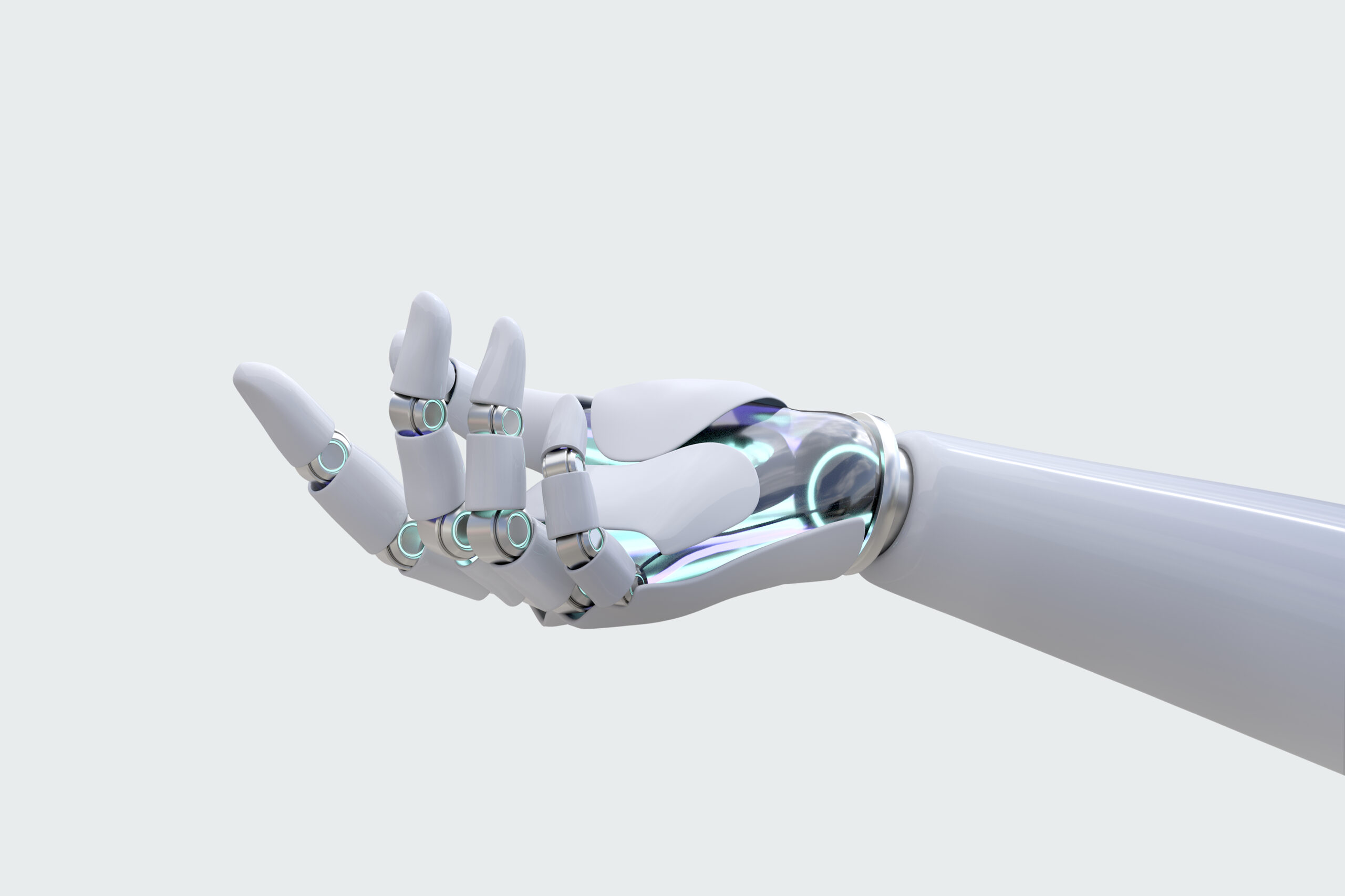AI, Human Life, and Digital Ethics
AI’s Impact on Everyday Life

Artificial intelligence is reshaping how we communicate, work, and access essential services. From healthcare innovations to personalized consumer experiences, AI is increasingly embedded in daily life.
Key Areas of Impact:
- Healthcare:
- AI-powered medical imaging enhances diagnostic accuracy.
- Virtual health assistants monitor patients in real time.
- Predictive analytics help identify disease risks based on genetic and behavioral data.
- Education:
- AI-driven learning platforms tailor content to individual student needs.
- Virtual tutors provide real-time academic support.
- Workplace:
- AI automates repetitive tasks, allowing employees to focus on strategic initiatives.
- New job roles are emerging in AI oversight, maintenance, and development.
- Consumer Experience:
- AI-powered recommendation engines personalize shopping experiences.
- Virtual assistants like Alexa and Google Home streamline daily tasks.
The Ethical Challenges of AI
Despite its benefits, AI presents critical ethical dilemmas, especially as more decision-making is delegated to machines. Key concerns include privacy, bias, transparency, and job displacement.
Major Ethical Considerations:
- Privacy Risks:
- AI systems rely on vast amounts of personal data, raising concerns about surveillance and misuse.
- Example: How is data from voice assistants or smart security cameras stored and protected?
- Algorithmic Bias:
- AI models can reinforce discrimination if trained on biased data.
- Example: AI-driven hiring platforms may unintentionally favor certain demographics based on historical biases.
- Lack of Transparency:
- AI decision-making processes are often complex and opaque.
- What happens when an AI-driven system denies a loan or makes an incorrect medical diagnosis?
- Workforce Disruption:
- AI automation threatens some jobs while creating new opportunities in AI-related fields.
Ethical Considerations in Cybersecurity
AI’s role in cybersecurity raises additional ethical questions about surveillance, decision-making, and accountability.
Key Ethical Debates in AI Security:
- Automated Decision-Making: Should AI systems have the authority to block users, deactivate accounts, or take other security actions without human oversight?
- Facial Recognition & Mass Surveillance: Where should the line be drawn between security and privacy?
- Liability & Accountability: If an AI system makes an incorrect decision, who is responsible—the developer, the organization, or the end-user?
- Preventing AI Weaponization: How can we ensure that AI-powered security tools are not exploited for malicious purposes?
Building an Ethical AI Framework
To mitigate risks while maximizing AI’s benefits, businesses and policymakers must establish clear ethical guidelines.
Core Principles for Ethical AI Development:
- Transparency: AI systems should be explainable, with clear documentation of how decisions are made.
- Fairness: Developers must actively mitigate bias and ensure AI models promote inclusivity.
- Accountability: Organizations should implement regular audits and oversight mechanisms.
- Privacy Protection: AI systems must comply with data regulations such as GDPR and emerging U.S. privacy laws.
Balancing Innovation with Responsibility
AI has the potential to transform human life and technology in ways we are only beginning to understand. However, responsible AI adoption requires a deliberate balance between innovation and ethical considerations—ensuring that AI serves society’s best interests without amplifying risks or inequalities.
Related Article
-
Data Privacy and Management: Turning Information into Trust and Value
Data Privacy and Management: Turning Information into Trust and Value In today’s digital-first economy, data…
-
Emerging Technologies: The Future is Closer Than You Think
Emerging Technologies: The Future is Closer Than You Think Quantum Computing, Spatial Computing & Edge…
-
Common Cybersecurity Threats & How To Avoid Them
Common Cybersecurity Threats & How To Avoid Them Stay One Step Ahead in a Digital-First…

Ready to elevate your IT?
Contact our team of experts today.